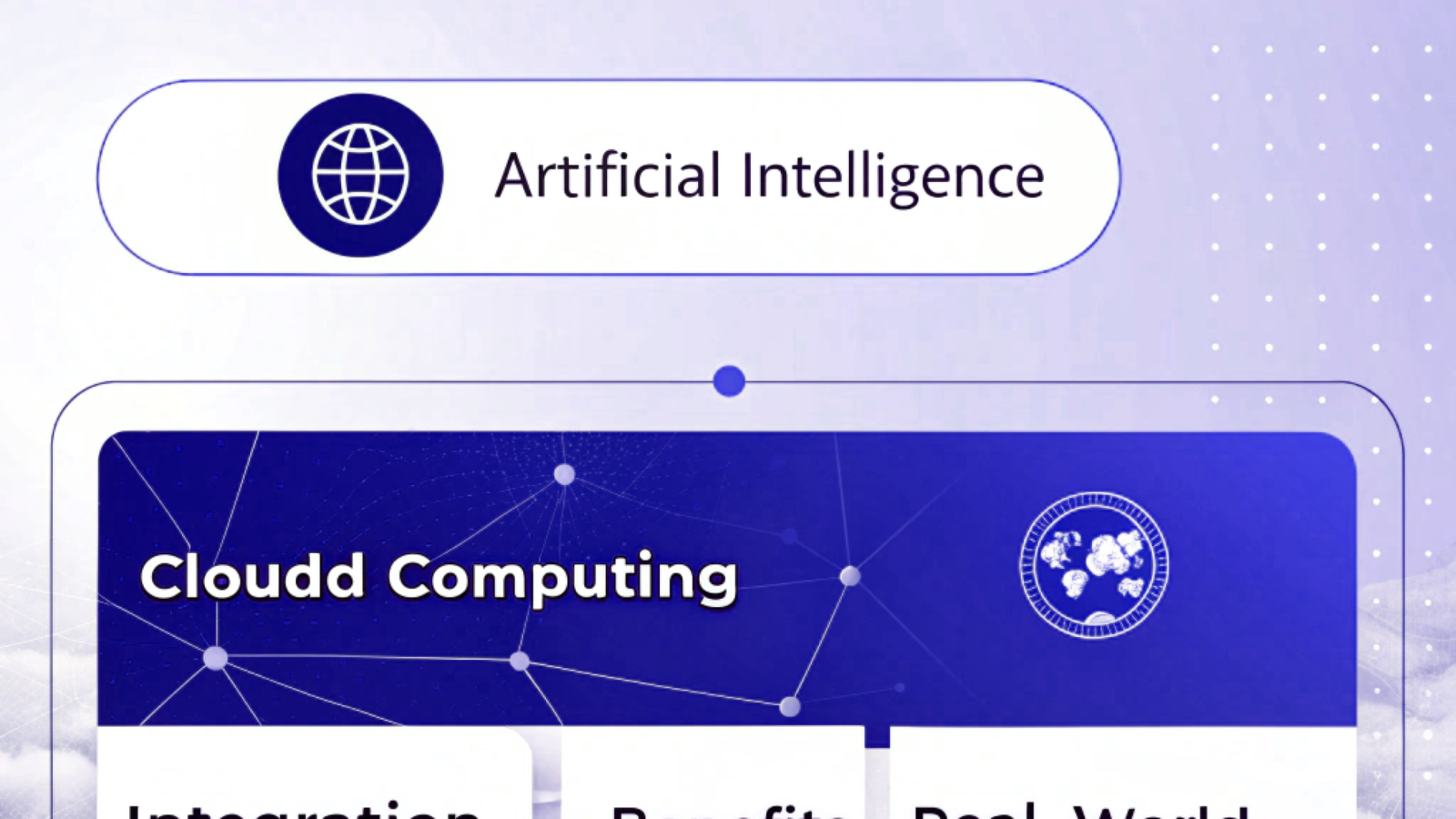Currently Empty: ₹0.00
How to Become a Cloud Security Engineer Career Growth, Demand & Salary Insights

Introduction
If you’re fascinated by the challenge of defending digital fortresses in the sky and want a career that offers immense growth, impact, and financial reward, you’re in the right place. This definitive guide will provide a detailed, step-by-step roadmap on how to become a cloud security engineer, covering the essential skills, certifications, experience, and mindset you need to succeed. For many, understanding how to become a cloud security engineer is the first step toward a transformative career move.
If you’re fascinated by the challenge of defending digital fortresses in the sky and want a career that offers immense growth, impact, and financial reward, you’re in the right place. This definitive guide will provide a detailed, step-by-step roadmap on how to become a cloud security engineer, covering the essential skills, certifications, experience, and mindset you need to succeed. For many, understanding how to become a cloud security engineer is the first step toward a transformative career move.
Why Become a Cloud Security Engineer? The Demand is Sky-High
Before we dive into  the detailed steps on how to become a cloud security engineer, let’s understand the “why.” The numbers speak for themselves.
the detailed steps on how to become a cloud security engineer, let’s understand the “why.” The numbers speak for themselves.
Massive Market Growth: The global cloud security market size is projected to grow from USD 40.8 billion in 2023 to USD 62.9 billion by 2028 (external link to MarketsandMarkets). This growth is a direct indicator of the need for skilled professionals.
Critical Talent Shortage: Cybersecurity consistently has a 0% unemployment rate. There are simply more open positions than there are qualified people to fill them. This gives you incredible leverage and job security.
Exceptional Earning Potential: Cloud security skills are among the highest-paid in IT. But let’s get specific.
Cloud Security Engineer Salary: What Can You Expect?
Salary is a major motivator, and rightly so. While figures vary based on location, experience, and the specific cloud platform, here’s a breakdown of what you can expect.
Entry-Level/Junior Cloud Security Engineer: $80,000 – $120,000
Mid-Level Cloud Security Engineer: $120,000 – $160,000
Senior-Level/Lead Cloud Security Engineer: $160,000 – $220,000+
Principal/Architect Level: $200,000 – $300,000+
Source: Aggregated data from Salary.com, Levels.fyi, and industry reports.
These figures often include base salary, bonuses, and stock options, especially at major tech firms. Certifications from AWS, Azure, and GCP can significantly boost these numbers, sometimes by 10-20%.
Who is a Cloud Security Engineer? Defining the Role
A Cloud Security Engineer is a specialized cybersecurity professional responsible for designing, implementing, and maintaining security controls and protections for an organization’s cloud-based infrastructure, platforms, and data.
Think of them as the architects and guardians of the cloud. They don’t just fix problems; they build systems that are secure from the ground up. Their core responsibilities include:
Designing and implementing secure cloud architectures.
Identity and Access Management (IAM): Ensuring the right people have the right access to the right resources.
Data Encryption: Protecting data both at rest (in storage) and in transit (moving over a network).
Network Security: Configuring virtual firewalls, security groups, and network access control lists (NACLs).
Security Monitoring and Incident Response: Using tools to detect, investigate, and respond to security threats in real-time.
Automation: Writing scripts (e.g., in Python) to automate security checks and compliance audits.
Compliance: Ensuring the cloud environment meets industry standards like GDPR, HIPAA, PCI DSS, and SOC 2.
The Step-by-Step Roadmap: How to Become a Cloud Security Engineer
This journey requires a blend of education, hands-on skills, and proven validation. Here is your actionable roadmap. This is the core of how to become a cloud security engineer.
Build a Strong Foundation (The Prerequisites)
You can’t secure what you don’t understand. Before specializing in cloud security, you must have a rock-solid grasp of core IT concepts.
Networking: Understand TCP/IP, DNS, HTTP/HTTPS, VPNs, Subnetting, and Firewalls. A great way to learn this is through Cisco’s CCNA or CompTIA’s Network+ certification material.
Operating Systems: Be proficient with both Linux and Windows command-line interfaces. Linux, in particular, is dominant in the cloud.
Cybersecurity Fundamentals: Grasp core concepts like the CIA Triad (Confidentiality, Integrity, Availability), threat models, vulnerabilities, and common attack vectors. The CompTIA Security+ certification is the gold standard for establishing this foundation.
A Scripting Language: Learn the basics of Python or Go. Automation is key in the cloud, and these languages are essential for writing security scripts and interacting with cloud APIs.
Master At Least One Major Cloud Platform
You don’t need to know all three platforms initially, but you must achieve deep proficiency in one. We recommend starting with AWS due to its market share, then expanding to Azure or GCP later.
Start with the Basics: Begin with the fundamental cloud certifications. These prove you understand the core services and the shared responsibility model.
AWS Certified Cloud Practitioner
Microsoft Azure Fundamentals (AZ-900)
Google Cloud Digital Leader
Get Hands-On! Certifications are useless without practice. All three cloud providers offer free tiers. Use them!
Create a free AWS/Azure/GCP account.
Build a simple web server.
Configure a virtual network.
Experiment with storage services like S3 buckets. (Important: Always set billing alerts to avoid unexpected charges!)
Dive Deep into Cloud-Specific Security
This is where you transition from a general cloud user to a cloud security specialist.
Platform-Specific Security Certifications: This is your most critical step for credibility. Pursue one of these:
AWS Certified Security – Specialty: The premier certification for AWS security professionals.
Microsoft Certified: Azure Security Engineer Associate (AZ-500): The equivalent standard for the Azure ecosystem.
Google Cloud Certified: Professional Cloud Security Engineer: Validates expertise in securing GCP deployments.
Learn the Key Services: Go beyond the certification and gain deep, hands-on experience with critical security services:
AWS: IAM, AWS Shield, WAF, GuardDuty, Macie, KMS, CloudTrail, Security Hub.
Azure: Azure Active Directory, Azure Sentinel, Azure Security Center, Key Vault, Azure Policy.
GCP: Cloud IAM, Cloud Security Command Center, Cloud Armor, VPC Service Controls.
Embrace DevOps & Automation (DevSecOps)
Modern cloud security is not a separate phase; it’s integrated directly into the software development and deployment lifecycle. This is known as DevSecOps.
Infrastructure as Code (IaC): Learn to define and provision cloud infrastructure using code. Terraform (open-source) and AWS CloudFormation are essential tools. This allows you to build “security as code,” making environments reproducible and secure by design.
CI/CD Security: Understand how to integrate security scanners for vulnerabilities (e.g., Snyk, Trivy) and misconfigurations into CI/CD pipelines like Jenkins, GitLab CI, or GitHub Actions.
Container Security: Learn to secure Docker containers and Kubernetes orchestration platforms.
Gain Practical Experience and Build a Portfolio
You need to prove you can do the job. A resume with certifications but no proof of skill is less effective.
Home Lab: Create a portfolio of projects in your free cloud account. Document everything on a blog or GitHub.
Project Idea: “Built a secure three-tier web architecture in AWS, implementing WAF, encrypted S3 buckets, and mandatory MFA for all users. Automated security checks using Python and Lambda functions.”
Capture The Flag (CTF) and Breach Simulations: Participate in cloud-specific CTF events on platforms like Immerse Security (external link) or try breach simulation platforms like BreachForge to test your skills in a realistic environment.
Contribute to Open Source: Find open-source security tools on GitHub and contribute documentation, bug fixes, or new features.
Craft Your Resume and Ace the Interview
Tailor Your Resume: Use keywords from the job description. Frame your experience around accomplishments, not just duties. “Implemented a new IAM policy that reduced privileged access by 60%” is far more powerful than “Managed user access.”
Prepare for the Interview: Cloud security interviews are practical. Be ready for:
Technical Questions: “How would you secure public-facing S3 buckets?” “Explain the difference between a security group and a NACL.”
Scenario-Based Questions: “A developer’s access key has been leaked to GitHub. What are your immediate steps?”
Hands-On Labs: Many companies will give you a mock environment and ask you to identify and fix security misconfigurations.
How Cambridge Infotech Can Accelerate Your Journey
Knowing how to become a cloud security engineer is one thing; navigating the path efficiently is another. The sheer volume of information can be overwhelming. This is where strategic guidance and expert-led training make all the difference.
At Cambridge Infotech, we don’t just provide training; we build careers. Our Cloud Security Mastery Program is specifically designed to transform IT professionals into in-demand cloud security experts and is a proven path for how to become a cloud security engineer.
Our program offers:
Curriculum Mapped to Certifications: Our training is meticulously designed to prepare you for the AWS Security Specialty and AZ-500 exams, ensuring you get the credibility that hiring managers look for.
Hands-On, Real-World Labs: Forget theory alone. You will spend most of your time in live cloud environments, tackling real-world scenarios that you’ll face on the job.
Expert Mentors: Learn from seasoned cloud security architects who work in the industry and can provide insights you won’t find in any textbook.
Career Support: From resume workshops to mock technical interviews, we provide comprehensive support to help you land your dream job.
Ready to stop dreaming and start building? Explore our Cloud Security Mastery Program today and speak with a career advisor to map out your personalized path.
FAQs
1. What is the best way for how to become a cloud security engineer with no IT experience?
It’s highly challenging. The most successful path is to first gain experience in a foundational IT role like systems administration, networking, or general cybersecurity before specializing in the cloud. The prerequisites in Step 1 are non-negotiable. A structured training program can accelerate this foundational learning.
2. How long does it take to become a cloud security engineer?
For someone with a basic IT background, a dedicated effort of 12-18 months is realistic to gain the necessary skills and certifications to land an entry-level role. For those starting from scratch, it will take longer to build the foundational knowledge first.
3. Which cloud certification is best for security?
The AWS Certified Security – Specialty is currently the most recognized and sought-after due to AWS’s market dominance. The Azure Security Engineer Associate (AZ-500) is a very close second and is extremely valuable for organizations deeply integrated with the Microsoft ecosystem.
4. Is coding required for cloud security?
Yes, but you don’t need to be a software developer. Proficiency in scripting (Python, PowerShell, Bash) is essential for automation. You also need to be able to read and write configuration-as-code templates (Terraform, CloudFormation).
Conclusion
The journey of how to become a Cloud Security Engineer is not just about mastering technical skills—it’s about building a career that secures the future of digital businesses. By developing strong IT fundamentals, cybersecurity knowledge, cloud expertise, and industry certifications, you position yourself as a highly valuable professional in today’s tech-driven world.
Call to Action
Turn Learning Into a Career. If you’re serious about how to become a Cloud Security Engineer, Cambridge Infotech can guide you with practical training, mentorship, and real-world projects.
Call us now at – 099024 61116
Visit our Website: cambridgeinfotech.io/
Check Out Related Blogs
Top Digital Skills to Learn for Career Growth – High Demand in 2025–2030
Generative AI Career Path: Opportunities, Roles & Growth Potential
Content Marketing Career Path: How to Start, Grow & Succeed in 2025







